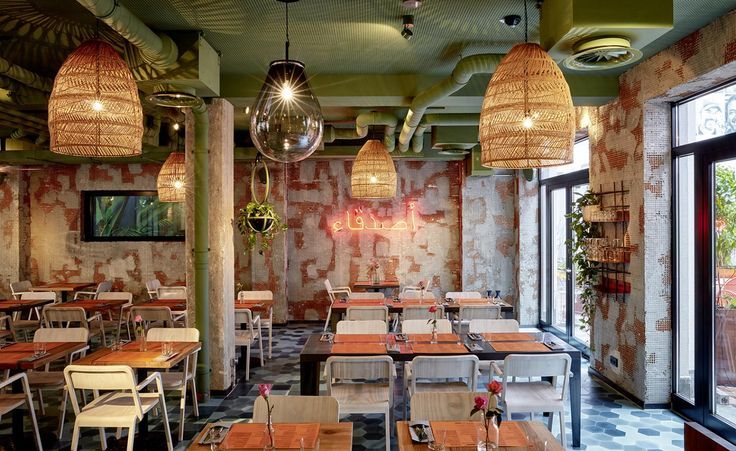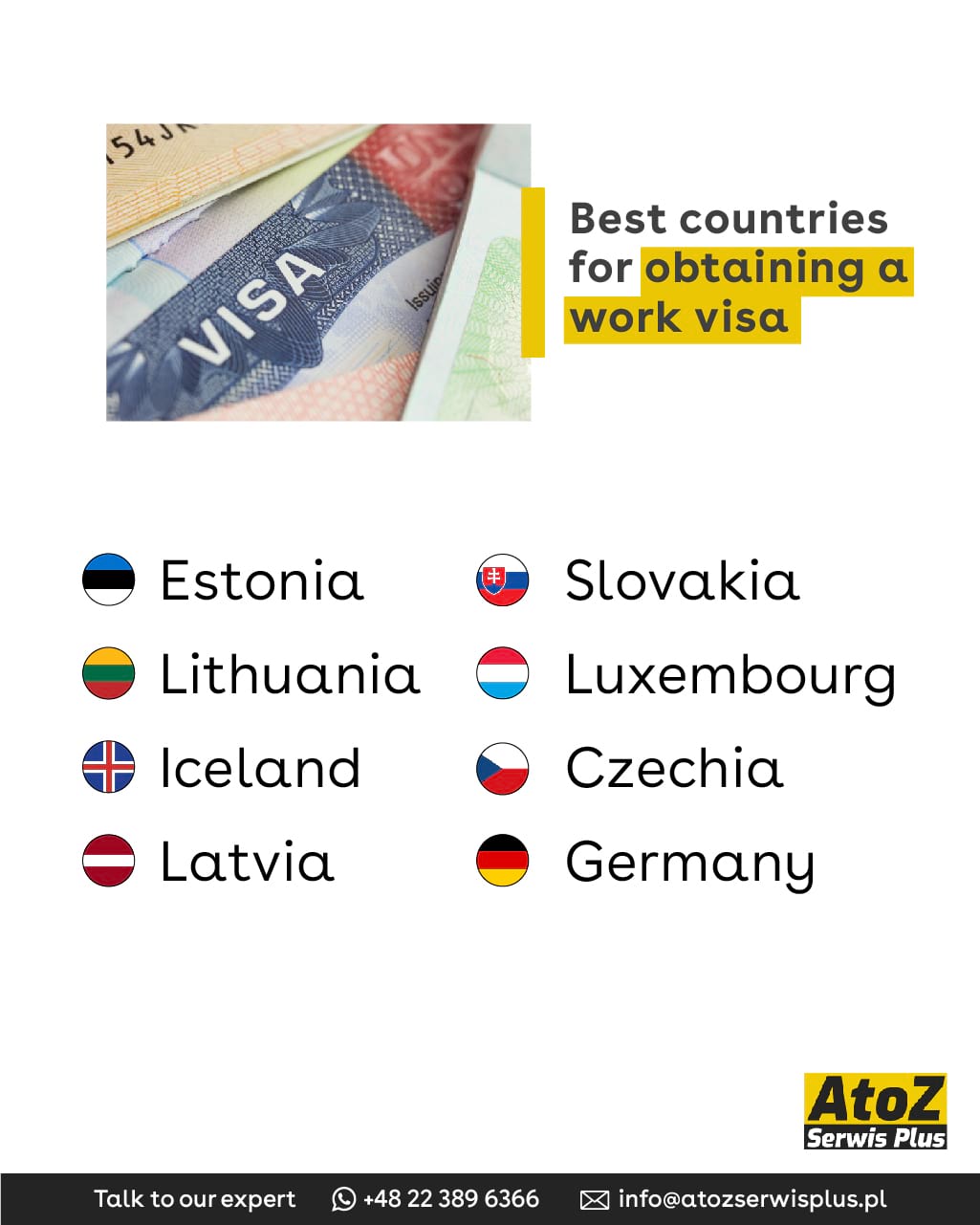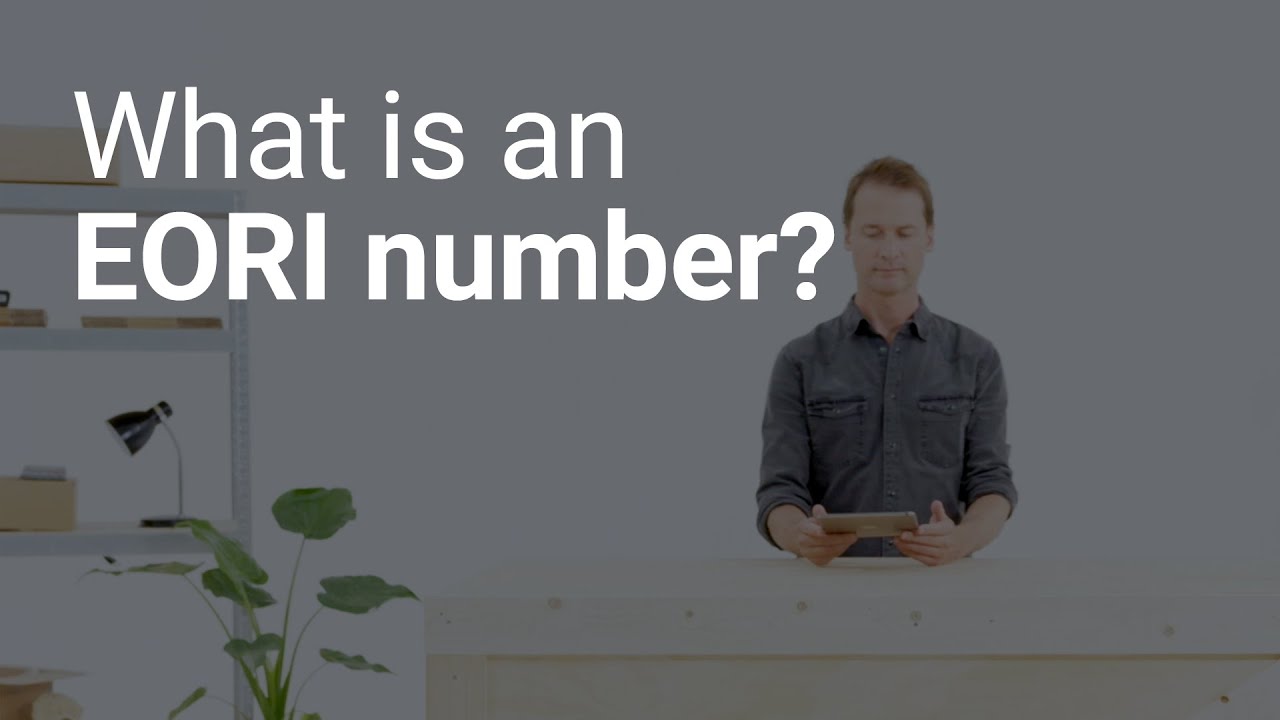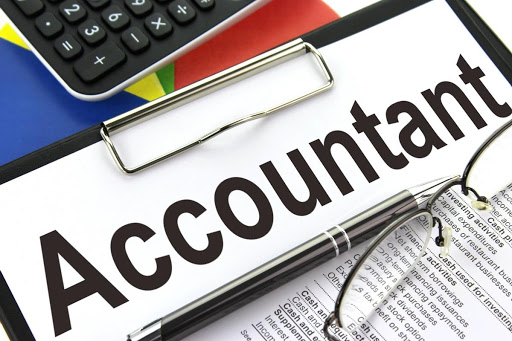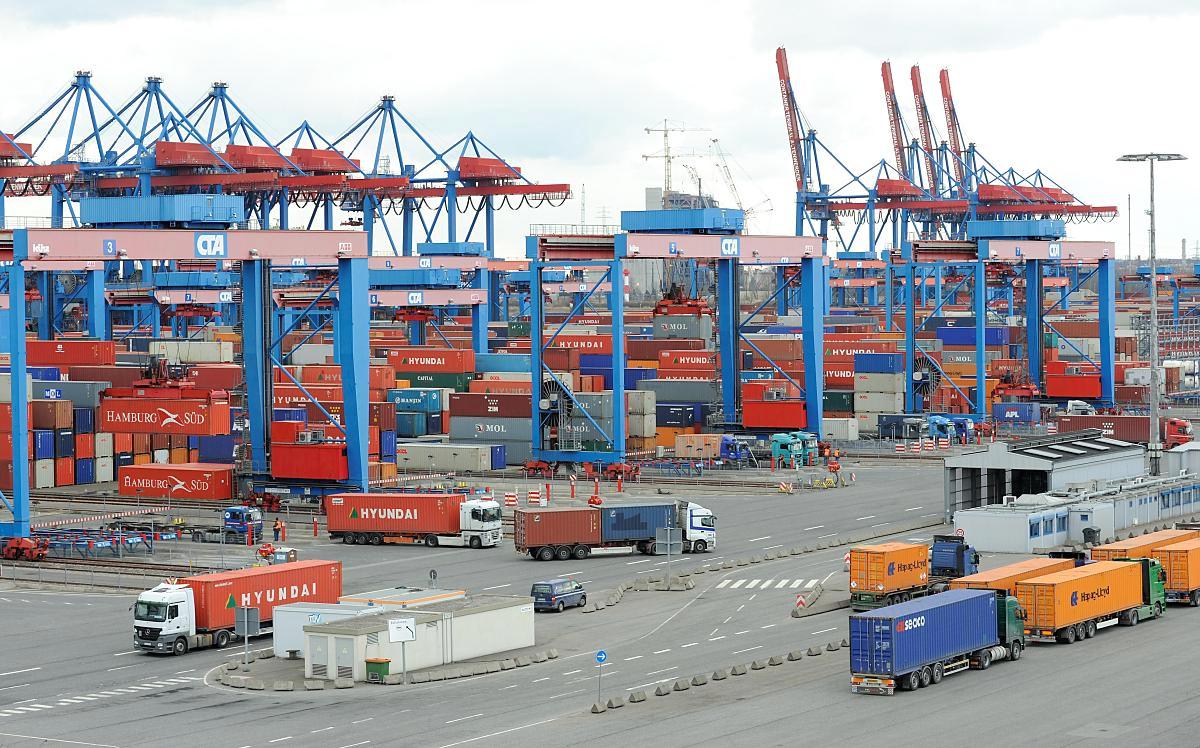

Free Trade Zones in Germany
Free trade zones in Germany are special areas within the customs territory of the country. Goods placed inside these areas are free of import duties, VAT, and other import charges. When the goods are stored in a free trade zone, no import declaration has to be lodged. Free trade zones in Germany are established and operated under the provisions of the commercial law in Germany and EU laws. They are located in areas with geographic advantages for trade like major seaports, international airports, and national frontiers. Detailed presentations about the trading procedures in a free trade zone can be delivered to you by our attorneys in Germany.
Where are the free trade zones in Germany?
The free trade zones in Germany are the Freeport of Bremerhaven and the Freeport of Cuxhaven. The Bremerhaven area was subject to a number of expansions and it now totals an approximate area of 4,000,000 square meters. It is separated from the domestic territory by a customs fence. The Freeport of Cuxhaven covers an area of about 147,800 square meters and it is also separated from the rest of the customs territory. The list of free trade zones in Germany also included the Port of Hamburg, however, this location has lost its status. The parts of the two mentioned ports are not treated as part of the Community for the purpose of customs taxation. In general, these areas in the country are not subject to the German domestic sales tax.
This special treatment meaning that domestic deliveries to a free port can be treated as export deliveries. This is because the area in question is not treated as part of the domestic territory nor as part of the rest of the Community. These two territories are not subject to the German domestic sales tax, however, some transactions may be subject to tax in the free port when they are treated as domestic sales. This is allowed for the purpose of preventing untaxed final consumption. One of our lawyers in Germany can provide investors with more details about specific taxation matters in the free port zones.
These free trade zones are opened to both domestic and foreign activities. The duty-free zones placed in maritime areas also permit value-added processing and manufacturing for EU external markets. The enlargement of the European Union and the falling tariffs has diminished the effectiveness and utility of the free trade zones in Germany. As a result, Kiel and Emden lost the free trade zone status in 2010 and were joined by Hamburg in 2013.
Our law firm in Germany can guide you through the legal process of setting your business in a free trade zone.
What are the special provisions in the free trade zones?
The Community Customs Code includes the definition, rationale, and the main policies around the free trade zones. Irrespective of their definition, these areas are credited for attracting foreign investment. These specially designated zones are categorized into four groups:
- • Free trade zones – with pure re-export of traded goods;
- • Export processing zones – where goods with value-added are exported;
- • Special economic zones – the economic activity of the zone is approached from a multi-sectoral point of view;
- • Industrial zones – specific economic activities are hosted within this zone.
Some of the advantages in the free port zones are the following:
- • unlimited storage: there is no limit to the storage period in the free zones or the customs warehouses.
- • non-restricted activities: the zones allow for all commercial and industrial activities and services.
- • lighter requirements: in most cases, there is no need to register seagoing vessels if they enter from the sea into the free zone.
- • large number of companies: businesses from various fields can operate in the Freeport zone and the area can accommodate numerous companies.
Some examples of companies that operate in the Free Zone of Bremerhaven include cargo companies, companies involved in the repair and maintenance of ships and those operating shipyards, companies involved in mineral oil storage and trading, charge controllers, vehicle preparation companies, and others.
The local customs office can provide investors with more information about the actual surveillance of the free zone as well as the customs clearance through the zone. Our team of attorneys in Germany can give investors more information on the process of establishing a company and benefiting from the available customs tariffs in the free ports.
If you want to establish your economic activity within a free trade zone and need more information on the matter, don`t hesitate to contact our German law firm.
